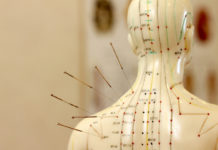Drug addiction is a severe mental disorder, one that has the ability to take over one’s life. When this happens, it is usually too late for those who have been abusing drugs before the addiction began. As a result, many people who were once in your life find it difficult to find sobriety, and many others end up with serious addictions such as heroin or crack cocaine. Even after a drug addict decides to quit his habit, there are still a number of risks involved, as most addicts find it extremely difficult to quit, due to the fact they are addicted to drugs themselves.
Because addiction touches all aspects of an individual’s life, a variety of different types of drug addiction treatment have been required. Treatments aimed at dealing with a patient’s underlying issues and any co-existing psychological, psychiatric and medical conditions can help to sustain recovery. In addition to medication, many rehabilitation centers offer extensive physical therapy to help patients cope with both psychological and physical aspects of the disorder. Many rehabilitation centers even offer individual therapies to help people overcome the various issues that plague them in their fight against addiction. These can range from anger management classes, to life skills seminars, to social skills training courses.
Even after a patient successfully completes these programs, many rehab facilities will often put in place some type of support group for the patients. The program is designed to encourage the patient’s family and friends to become more involved in his recovery, as well as encouraging the patient to interact with other people with the same problems. Drug addiction can be devastating, not only to the physical health of an addict, but also emotionally, and it is crucial that the patient is fully supported by those around him or her. This can include family, friends and other people who can give the patient a hand in helping him or her through the recovery process.











